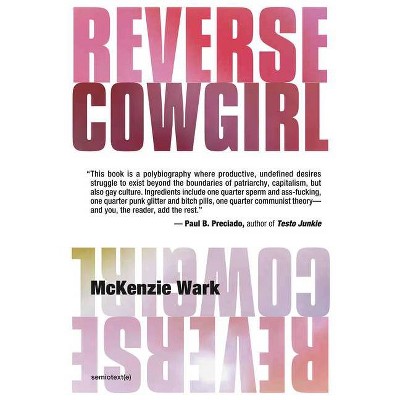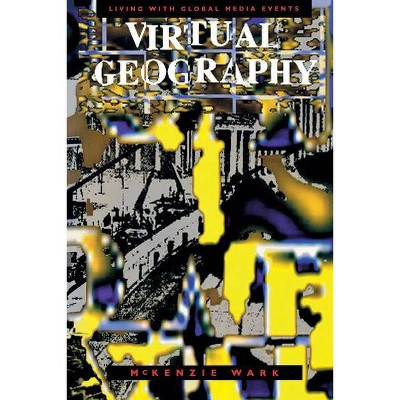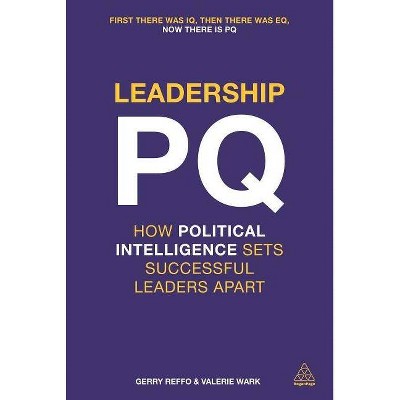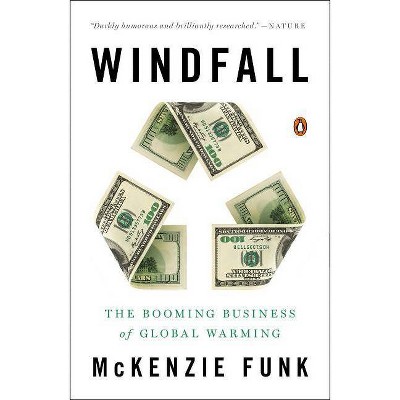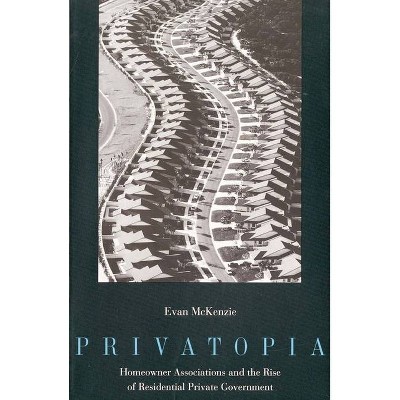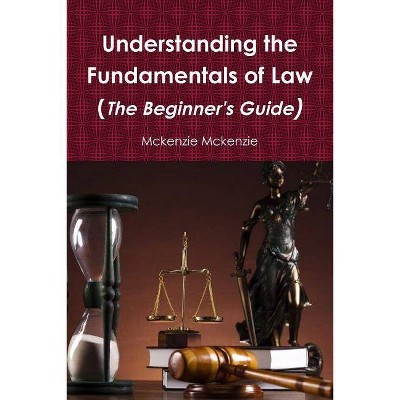Telesthesia - by McKenzie Wark (Paperback)
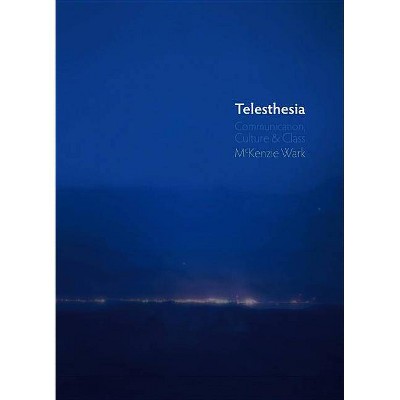
Similar Products
Products of same category from the store
AllProduct info
<p/><br></br><p><b> About the Book </b></p></br></br>"The telegraph, telephone, and television, not to mention the Internet and mobile telephony, are all forms of communication that move information faster than the speed at which objects move. Both labor and capital and armies and commodities once moved at the same speed as the information organizing them. Over the last two centuries, social space has developed a strange folded quality, where physical space comes more and more to be doubled by a space of the movement of information. Telesthesia, or perception at a distance, comes increasingly to characterize how we see and hear and know the world. How does the evolution of different communication forms affect how we can perceive and act? How can the underlying infrastructure of communication forms be detected in the events of everyday life? These are the central questions animating this book. McKenzie Wark first explores relations between metropolitan and peripheral cultures--or postcolonial relations--with close attention to the texture of events that can happen when perception is mediated. He then examines what were once called postmodern experiences, and how relations of communication create new kinds of class relations and experiences of everyday life, from 9/11 to Occupy Wall Street."--Page 4 of cover.<p/><br></br><p><b> Book Synopsis </b></p></br></br><p>The telegraph, telephone, and television, not to mention the Internet and mobile telephony, are all forms of communication that move information faster than the speed at which objects move. Both labor and capital and armies and commodities once moved at the same speed as the information organizing them. Over the last two centuries, social space has developed a strange folded quality, where physical space comes more and more to be doubled by a space of the movement of information. Telesthesia, or perception at a distance, comes increasingly to characterize how we see and hear and know the world.</p> <p>How does the evolution of different communication forms affect how we can perceive and act? How can the underlying infrastructure of communication forms be detected in the events of everyday life? These are the central questions animating this book. McKenzie Wark first explores relations between metropolitan and peripheral cultures - or postcolonial relations - with close attention to the texture of events that can happen when perception is mediated. He then examines what were once called postmodern experiences, and how relations of communication create new kinds of class relations and experiences of everyday life, from 9/11 to Occupy Wall Street.</p><p/><br></br><p><b> Review Quotes </b></p></br></br><br><p>An accessible, provocative vision of class politics for a world where the speed of information seems more important than solidity of material objects.<br /> <i><b>Media International Australia</b></i><br /> <br /> From Sydney to New York, the real to the virtual, the theoretical to the practical and back again, McKenzie Wark charts the vectors of a new space that is neither here nor there and yet is transforming society and the economy in unprecedented ways. By exposing what is hiding in plain sight, <i>Telesthesia</i> challenges us to fashion a new politics of creative disruption. This book is provocative, insightful and timely.<br /> <b>Mark C. Taylor, Columbia University</b></p> <p><i>Telesthesia</i> continues McKenzie Wark's sharp observations on recent media life. Well-informed on both cultural-political theory and media practices, Wark's studies are highly recommended for students of all levels. And he writes with incredible grace.<br /> <b>Mark Poster, University of California, Irvine</b></p><br><p/><br></br><p><b> About the Author </b></p></br></br><b>McKenzie Wark</b> is Professor of Liberal Studies at the New School for Social Research, New York.
Price History
Price Archive shows prices from various stores, lets you see history and find the cheapest. There is no actual sale on the website. For all support, inquiry and suggestion messagescommunication@pricearchive.us

